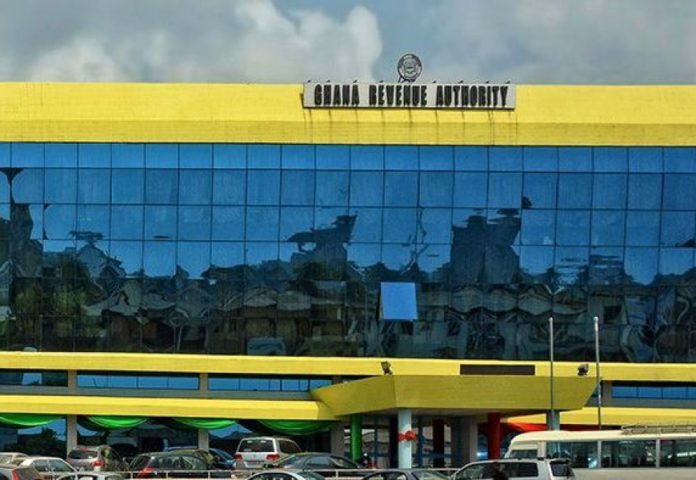A new report by Policy Think Tank, IMANI Center for Policy and Education, has showed that the Ghana Revenue Authority’s (GRA’s) failure to collect taxes resulted in the country directly losing ¢9.13 billion from 2015 to 2020.
According to the report titled ‘Fiscal Recklessness Index 2020 Project’, the GRA failed to enforce its main obligation of tax compliance, resulting in financial irregularities.
“The tax irregularities, cash irregularities also constituted a significant proportion of the total financial irregularities. A total of ¢2.9 billion, representing about 21.4% of the total irregularities, was recorded between 2015 and 2020,” the report said.
It explained that the cash irregularities were largely driven by unapproved disbursement of funds, unapproved transfer of funds, and delays in the lodgment of public funds into the respective public accounts.
Other relatively smaller irregularities comprised debts, loans and advances of ¢1.20 billion; 8.58%, contracts of ¢387 million; 2.78%, procurement of ¢136 million; 0.98%; rent ¢S85 million; 0.61% and payroll irregularities of ¢14.6 million; 0.10%”.
Meanwhile, the report further revealed that the Ministry of Finance and its subsidiary agencies such as the GRA topped the list of Ministries, Departments and Agencies as the most fiscally reckless on an annual basis and also over the six year period between 2015 and 2020.
“For example, the Ministry of Finance had the highest combined Fiscal Recklessness Score (FRS) of 0.8797. Two key irregularities account for the trend observed at the Finance Ministry” the report captured pointing out that tax irregularities and cash irregularities were the main causes.
The report blamed the Finance Ministry for 99.63% (¢9.10 billion) of the combined ¢9.12 billion tax irregularities from 2015 to 2020.
“Likewise, the Finance Ministry accounted for 80.10% (GHS2.35 billion) of the combined ¢2.93 billion cash irregularities from 2015 to 2020 — this trend remains the same on a normalised data basis”.

